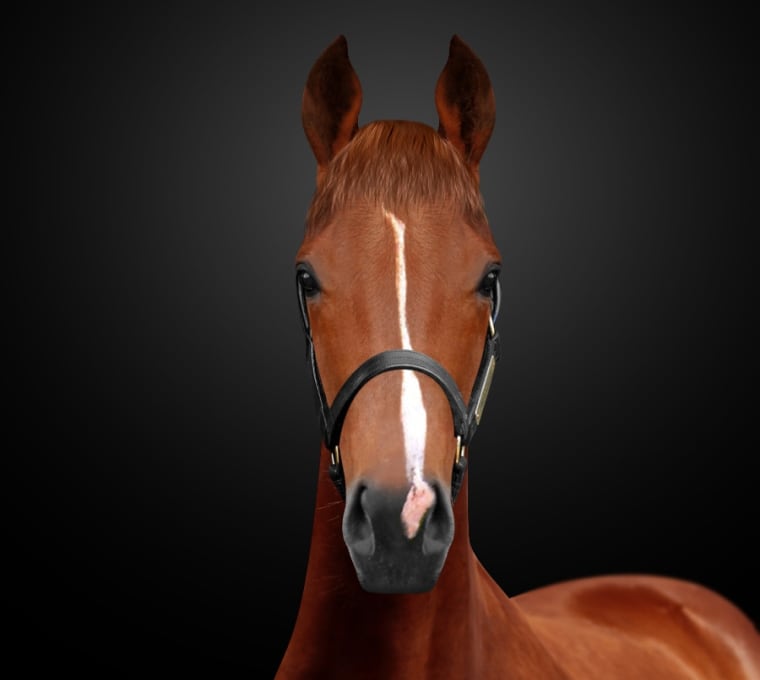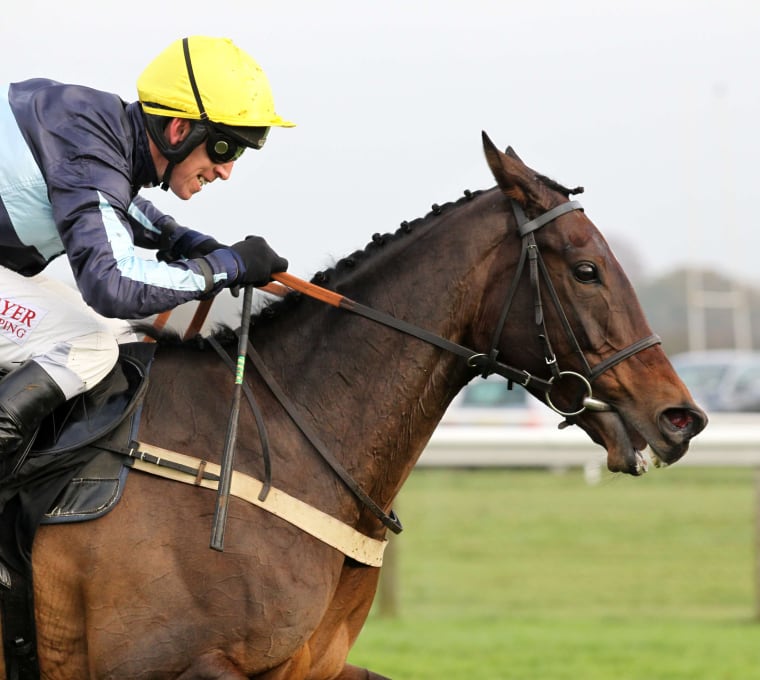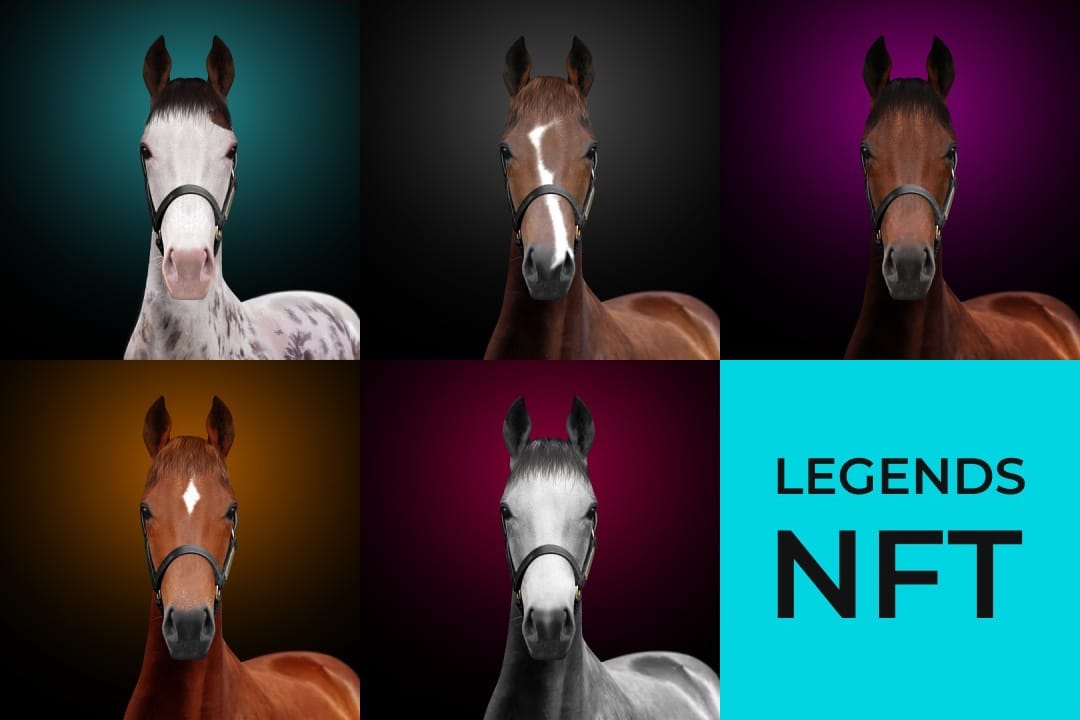There may have been no last hurrah to Sir Michael Stoute’s 52-year training career, as Wanderlust trailed home at the back of a Class 6 handicap at Nottingham – but that takes nothing away from a long and truly outstanding body of work.
Assuming there is not a surprise all-weather runner before the end of the year, it really is the end of an era, with Stoute a colossus of not only British Flat racing but worldwide, bowing out with barely an omission on his bulging CV and 10 trainers’ titles to boot.
The 78-year-old was famously born in Barbados, son of the island’s chief of police, and his love of the sport was spawned by the family home’s view of Garrison Savannah racecourse and continued by riding lessons with the force’s mounted officers.
He moved to Britain at the age of 19 and while his hopes of becoming the BBC’s racing correspondent were ultimately dashed, that disappointment set him on the path to training greatness, assisting a handful of trainers before striking out on his own in 1972.

It was two sprinters – Blue Cashmere and Alphadamus – who initially put Stoute on the map, but given Classic-calibre ammunition by owner Sven Hanson, the trainer soon hit the big time, with Fair Salinia’s 1978 Oaks success heralding the start of his golden age.
The Aga Khan joined his ranks of owners, their partnership cemented by the incomparable Shergar in 1981 – the first of six Derby winners for the master of Freemason Lodge and the horse that really sent his career to new heights.
Stoute will always be indelibly linked with Shergar, who once his racing days were over was kidnapped from the Aga Khan’s stud farm in Ireland. It is generally accepted to have been the work of the IRA and to this day his remains have never been found.
Famed for his patience, Stoute certainly trained his fair share of juvenile winners, but arguably his biggest stars were those that shone at three and beyond.
A total of 16 British Classics went his way. There were also six Eclipses, eight Lockinges, six King Georges, six Juddmonte Internationals – the list goes on.

The roll call takes in the equine great and good, the likes of Zilzal, Russian Rhythm, Shahrastani, Ajdal, Conduit, Singspiel and Pilsudski – barely a drop in the ocean of the talent Stoute has nurtured.
In 1996 and 1997 respectively, Singspiel and Pilsudski gave Stoute back-to-back wins in the Japan Cup, a barely fathomable feat.
Singspiel also won the Dubai World Cup in 1997, just the second ever running of what is now one of the world’s most coveted races. Pilsudski struck in the Turf at the Breeders’ Cup, as did Conduit – twice.
The National Hunt game even gets a mention in the Stoute story, with Sheikh Mohammed’s Kribensis ensuring he retires with one of jumping’s biggest prizes to his credit, having won the Champion Hurdle back in 1990.

Recent years have of course been leaner for Stoute, but when a rough diamond has come into his possession, he has polished it to perfection.
Desert Crown’s Derby win two years ago was evidence of that and who knows what he could have gone on to achieve but for injury troubles, with a fractured leg in August 2023 eventually proving fatal.
The final Group One win of Stoute’s career came courtesy of Bay Bridge in the 2022 Champion Stakes – a typical Stoute project in proving his best at four and fittingly hailing from an Aga Khan family line.
Passenger had appeared to be Stoute’s hope of a glorious farewell this term, but fate intervened, with injury scuppering Eclipse plans and a further setback at York in July ensuring an early end to the campaign.
Whoever inherits that Niarchos family-owned horse and a number of exciting juvenile prospects will surely reap the benefits of the Stoute regime – just as racing as a whole has done over the decades.







 Karrotz ($KAZ)
(Current value £0.005)
Karrotz ($KAZ)
(Current value £0.005)






